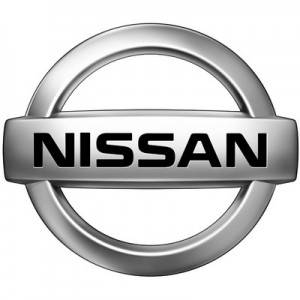
Nissan Motor Co., Ltd., and the city of Yokohama jointly embarked on Yokohama Mobility “Project ZERO”, a 5-year project aimed at achieving zero-emission mobility following a joint study completed in November 2008.
The Project uses a total-management approach to address the issue of zero-emission mobility. It adopts a zoning system that designates the city’s central district as a “Zero Carbon” zone, which extends into the “Low Carbon” periphery areas. As of 2009, the Yokohama Mobility Project Zero had the following scope:
- Measures to promote Eco-Drive Management System (EMS).
- Promote wider adoption of eco-driving by utilizing the Nissan Carwings eco-driving service.
- Propose carbon-offset programs to allow drivers to offset the CO2emitted.
- Study of route navigation systems to alleviate traffic congestion.
- Conduct a quantitative study of the impact of the fastest-route guidance system—Dynamic Route Guiding System (DRGS)—to alleviate traffic and reduce CO2.
- Establish an online Route Planning tool that allows drivers to plan their journeys ahead with important information such as estimated commute time, cost and carbon footprint.
- Measures to promote mass acceptance of electric vehicles
- Establishment of an electric-charging network: Build a network of charging stations at public parking areas. Engage private sectors to invest in electric-charging units (100 units). Nissan to set-up electric-charging units at its Yokohama global headquarters, dealerships and facilities.
- Subsidy for EV purchases: Offer a subsidy to customers. In 2008 Yokohama offered 300,000 yen per car. Offer reduced rates or exemption for EV parking. Convert Yokohama municipality’s vehicle fleet into EVs.
- Study the need for change in regulatory laws to promote mass acceptance of EVs.
- Implement EV educational programs to raise public awareness.
- Quantitative study on the positive impact of the Project to the environment, in collaboration with Tokyo University, and public education campaign.
- Measure the impact of traffic congestion management on CO2 emission
- Establish an Eco Mobility web portal to assist drivers
- Conduct an EMS campaign at the ‘Eco Car World’ in conjunction with the 150th Anniversary of the Port of Yokohama
- Study urban mobility planning to support absolute zero emission transportation system that connects zero emission vehicles, including EVs and bicycles, to public transport systems.
- Set up a research consortium with Japan Society of Traffic Engineers.
- Pilot multi-platform sharing system for zero-emission transportation.
- Pilot an eco-transport point system to provide incentives to drivers.